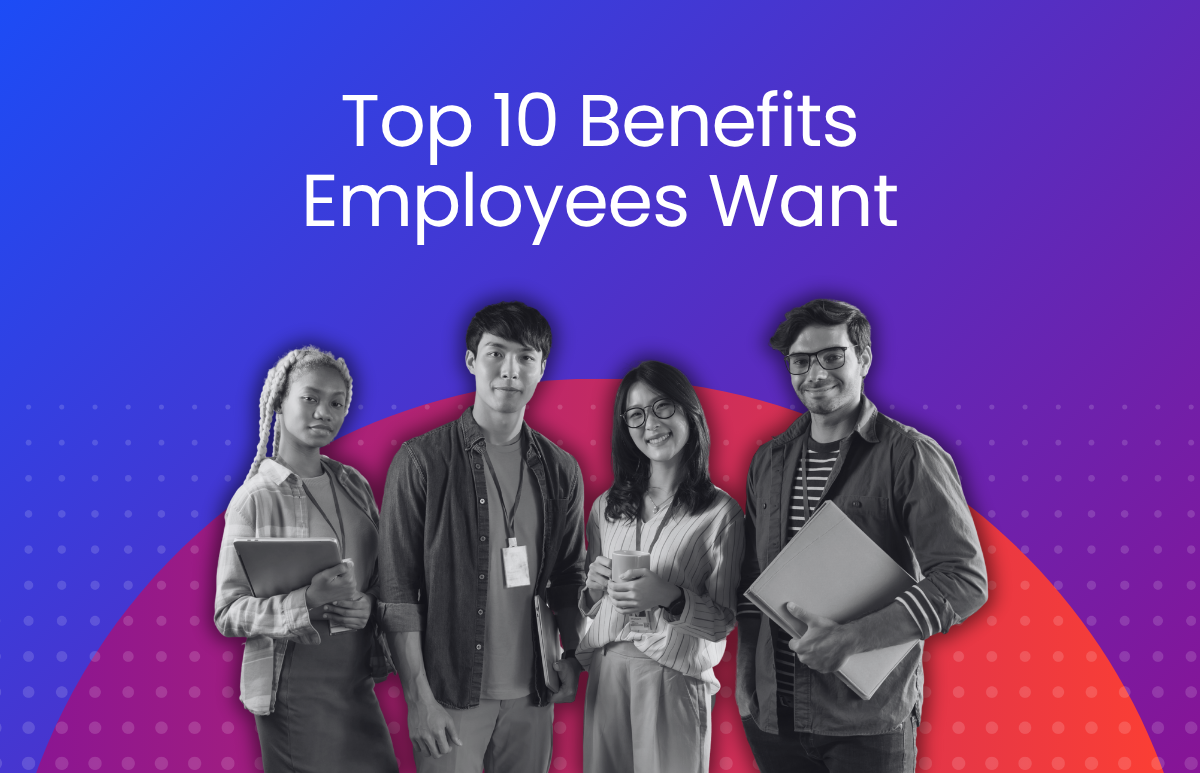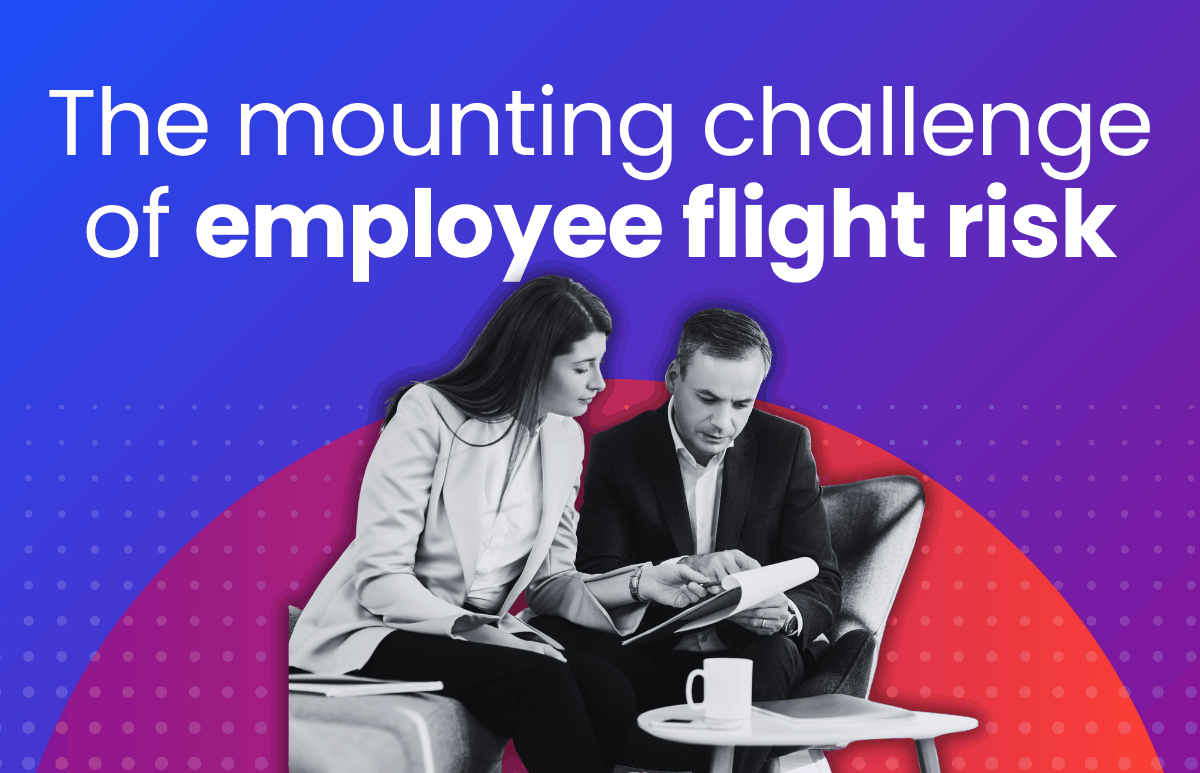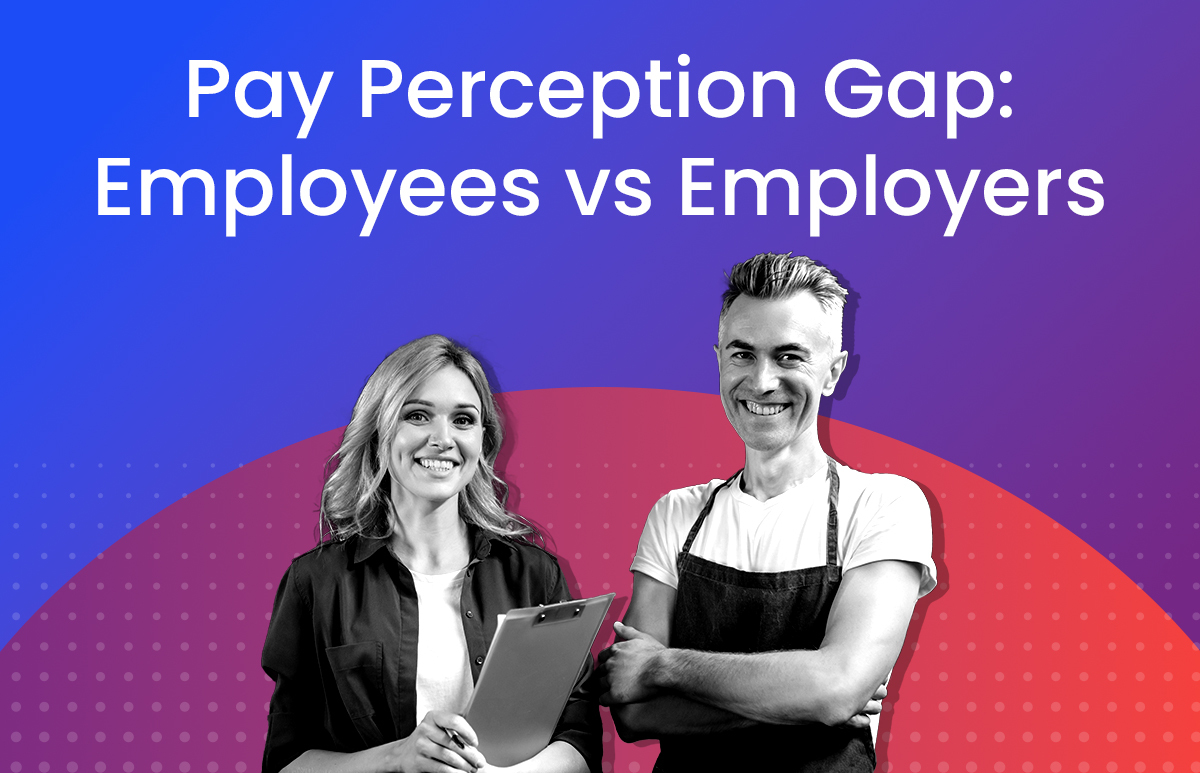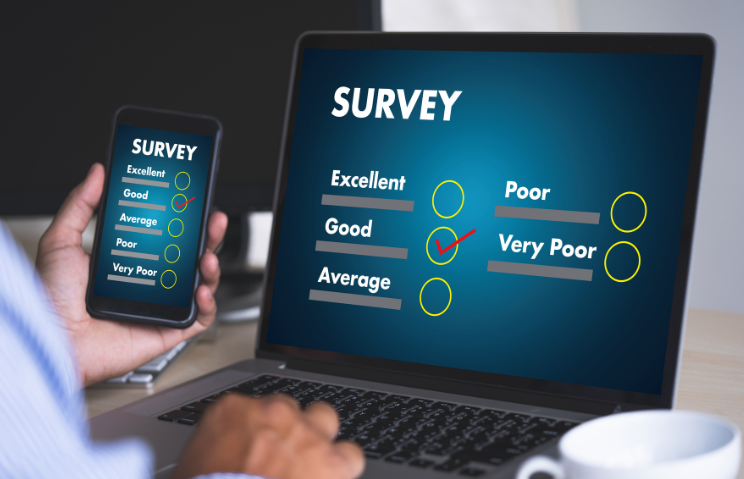3 essential HR skillsets to invest in during FY20
It’s said that 85% of the jobs that will exist in 2030 haven’t been invented yet– and HR will not be immune from having to upskill and effectively reinvent itself to stay relevant.

Not surprisingly, it’s technology and the massive uptake of data analysis that is reshaping HR roles, but it’s not enough to have a digital strategy and expect software and apps to do the hard work. An investment in new skills will always pay dividends, but what skills are worth your time to develop?
A clue can be found in new and emerging HR job titles. HR Data Engineers, People Analytics and Employee Growth Managers are just three titles to emerge, with business intelligence tools to manage the workforce being the common link between these roles.
With those emerging roles in mind, here are three “bundles” of skills to consider building in yourself or your team.
Employee Experience Design
Experts in this field will follow and borrow the principles of user experience and user interface (UX/UI). They are highly skilled in developing and implementing HR software, mobile apps, and employee portals that meet the needs of workers. Thanks to a deep understanding of human-centred design (sometimes referred to as design thinking) and its role in driving innovation, these professionals are able to empathise with users (employees), define and prioritise problems, ideate, prototype, test and implement creative solutions.
In addition to the ideation process and project management to turn ideas into tangible products or services, these professionals excel at asking the right questions to get disparate people interested in collaborating. They can also report on findings to gain wider stakeholder buy-in.
People Analytics
No surprise to see this on the list – in fact, ELMO identified it as the most critical skill for HR to develop for future success in our 2019 HR Trends whitepaper. As that report noted: “This area has emerged as perhaps the most essential skillset for those looking to improve individual performance, enhance employee experience and achieve business goals.”
Indeed, this area has become so critical that it has splintered into several sub-sections, including talent analytics, organisational network analysis, impact analysis and sentiment analysis. These experts borrow from data science and statistics and also social sciences to interpret behaviour, sentiment, attitudes and decisions. Ultimately, they identify overall trends and patterns using data, which otherwise would not emerge from anecdotal evidence.
Agile HR Methodologies
It may seem counterintuitive that the traditionally risk-averse HR function should be embracing anything that might place sensitive areas like compliance at risk, but it’s already happening. Inspired by the way software development teams respond to rapid change, Agile HR moves away from rigid organisational structures and traditional hierarchies. Instead, it focuses on smaller, more nimble teams with flat hierarchies and an open, collaborative relationship between leaders and employees.
The characteristics of Agile HR include: rapid decision-making; a high-performance culture where feedback from all levels is encouraged; flexible management of teams; and transparent availability of information. Agile HR practitioners also have an acute understanding of the inherent risks and rewards of innovation and are able to use data to trace the fine line between the two.
It’s important to remember that the skills encompassed within the three areas above are impervious to constantly changing technology. They will help HR professionals thrive regardless of new tech breakthroughs.
ELMO Learning Management, with the complementary ELMO Course Library, can help facilitate a commitment to continuous, lifelong learning. To find out how ELMO’s end-to-end HR and Payroll solutions can help your team and organisation, contact us.
[1] “The Next Era of Human / Machine Partnerships: Emerging Technologies’ Impact on Society & Work in 2030”, white paper by Dell Technologies and Institute for the Future, 2017
 HR Core
HR Core 









